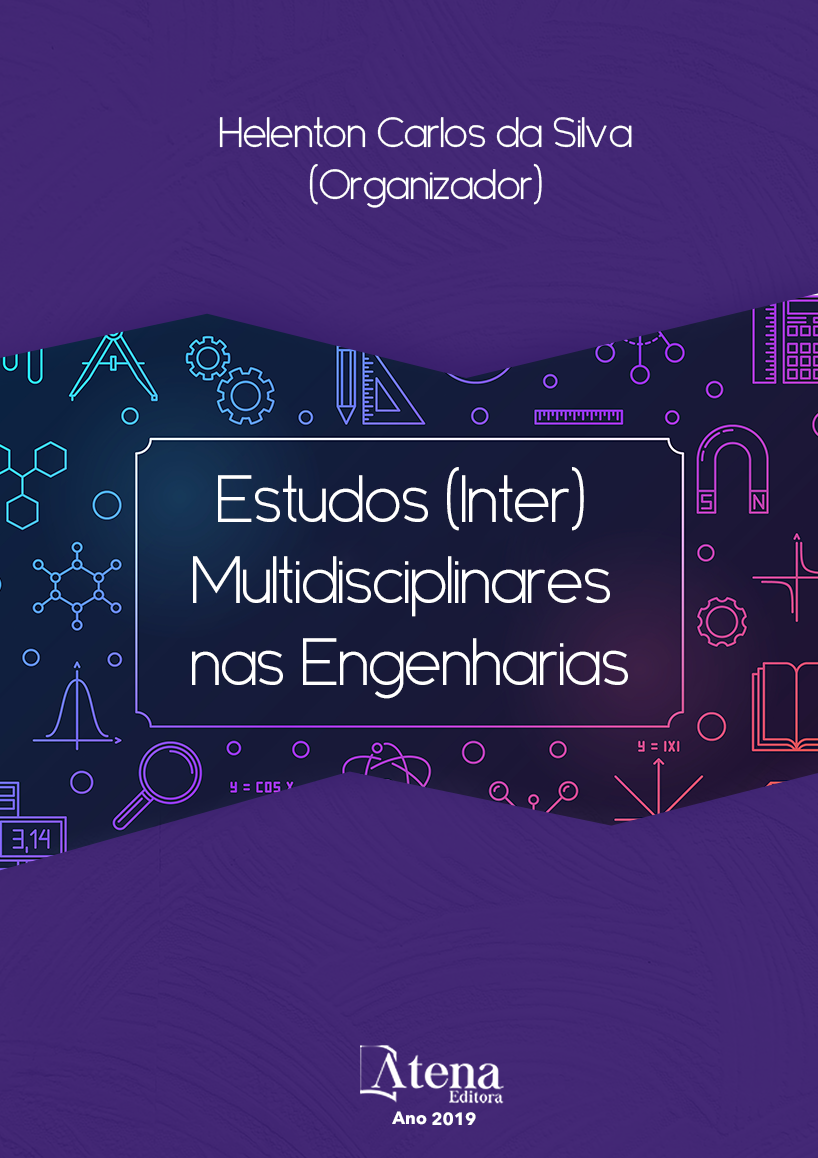
DESENVOLVIMENTO DE METODOLOGIA PARA ESTUDO DE VIABILIDADE TÉCNICA DE TERMELÉTRICAS A BIOMASSA NO BRASIL
O trabalho apresenta um estudo
metodológico para implementar miniusinas
Termelétricas a biomassa de geração
distribuída de Casca de Arroz no Brasil. A
proposta metodológica criada para mapear as
possíveis localidades de miniusinas a casca
de arroz de geração distribuída, teve como
base a criação de critérios ambientais, sociais
e econômicos e o sistema de informação
geográfica com a utilização do software QGIS.
A simulação gerou cartogramas que serviram
de base para as tomadas de decisões, assim,
com a construção do mapa de concentração
de casca, foi possível definir a localidade das
usinas. O projeto viabiliza tecnicamente a
implementação de 8 mini UTES a casa de arroz
no Brasil, todas se localizam estrategicamente:
próxima das biomassas, do sistema interligado
nacional e das rodovias brasileiras, totaliza
aproximadamente 40 MW de potência instalada
no país. A metodologia desenvolvida foi eficaz
e de extrema importância para que exista
visibilidade desse setor energético, porque
analisou a viabilidade técnica e pré-estabeleceu
pontos de maiores oportunidades com o
intuito de que novos empreendimentos sejam
projetados e construídos no Brasil.
DESENVOLVIMENTO DE METODOLOGIA PARA ESTUDO DE VIABILIDADE TÉCNICA DE TERMELÉTRICAS A BIOMASSA NO BRASIL
-
DOI: 10.22533/at.ed.97319091011
-
Palavras-chave: miniusinas, casca de arroz, cartografia.
-
Keywords: mini thermoelectric, rice husks, cartography
-
Abstract:
This work presents a methodologic
study to implement mini biomass thermoelectric
powerplants with distributed generation of Rice
Husk in Brazil. The methodology created to
identify the possible locations for the mini plants
with distributed generation in Brazil was based
on the creation of environmental, social and
economic criteria and system of geographic
information with the use of the softare QGIS.
The simulation create cartograms that served as
basis for decision making, thus, with the construction of the map of husk concentration,
it was possible to define the location of the plants. The project guarantes both technic
and economic viability the implementation of 8 mini thermoelectric powerplants with
Rice Husk in Brazil, all of them located strategically: next to the biomasses, to the
national integrated system and to the highways, and totalize approximately 40 MW of
installed power in the country. The methodology developed was effective and extremely
important so that there is greater visibility of this energy sector, because it analyzed the
technical feasibility and pre-established points of greater opportunities with the aim of
new projects being designed and built in Brazil.
-
Número de páginas: 15
- Beatriz Gabrielle de Carvalho Pinheiro
- Luciano Gonçalves Noleto
- Maria Vitória Duarte Ferrari
- Tallita Karolline Nunes
- Josiane do Socorro Aguiar de Souza Oliveira Campos


